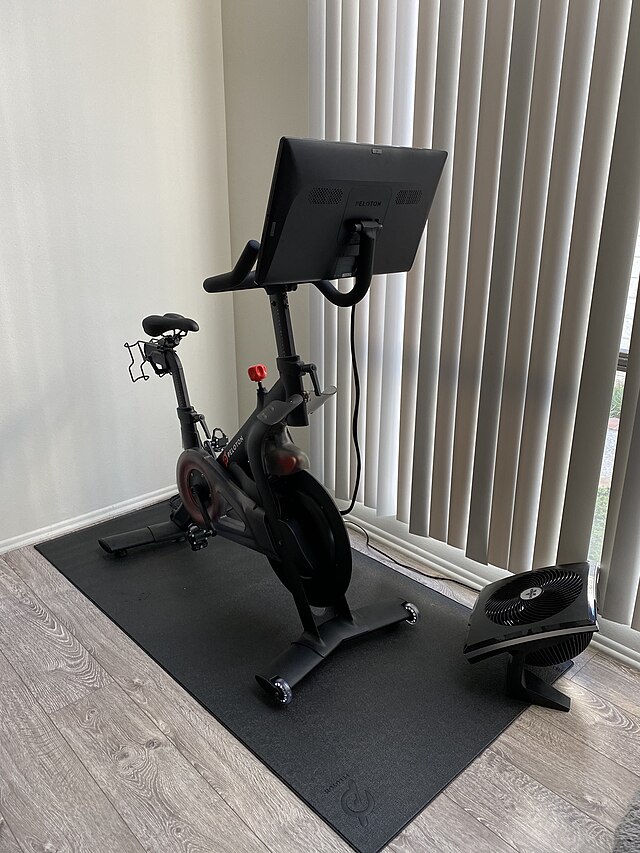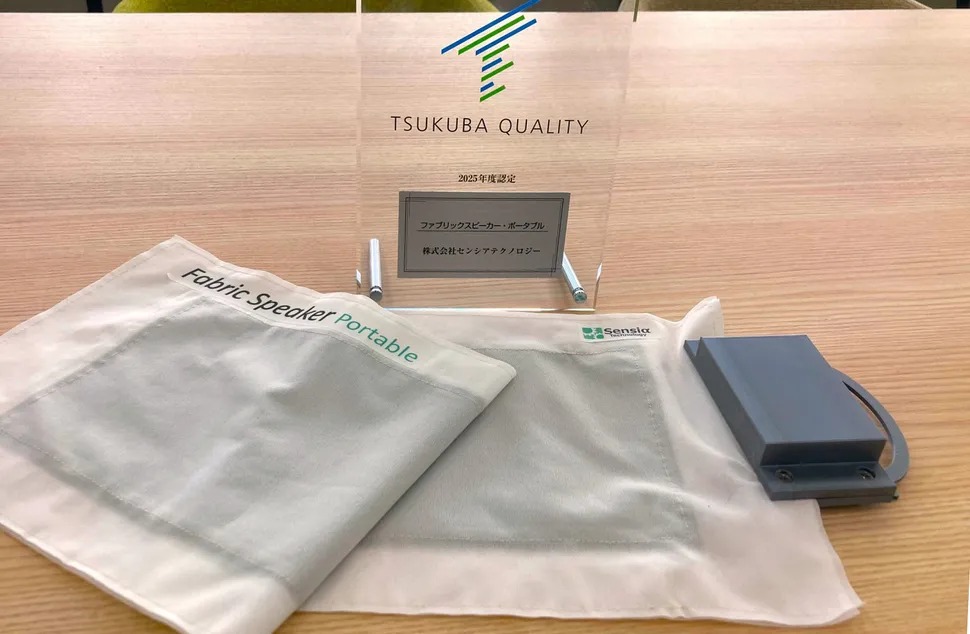Peloton, the popular home fitness company, has announced a controversial new policy that via a shareholder letter that could spell trouble for the secondhand market, as reported by Techcrunch. Starting now, anyone who buys a used Peloton bike or treadmill will have to pay a $95 “activation fee” to access the company’s classes and features, as Engadget points out.
This move has sparked outrage among consumers and used equipment sellers alike. They argue that the fee undermines the cost savings of buying secondhand and could stifle the growth of the thriving secondary market.
Peloton, however, sees the fee as a necessary step to support its investments in improving the user experience. The company argues that the virtual onboarding process for used equipment, which includes a custom fitting and usage history, provides value to new members.
“We believe this fee is a fair way to ensure that all our members, whether they buy new or used, receive the same high-quality experience,” said a Peloton spokesperson. “It also helps us continue to invest in new features and content for our community.”
Despite Peloton’s justifications, many in the industry remain skeptical. Some used equipment sellers, like Trade My Stuff, are already offering rebates to offset the activation fee. Others worry that Peloton’s move could set a dangerous precedent for other fitness companies to follow.
As the controversy unfolds, it remains to be seen how the activation fee will impact the long-term growth of the secondhand Peloton market. For now, one thing is clear: Peloton’s decision has struck a nerve with consumers and industry players alike.
Image credit: Wikimedia





























